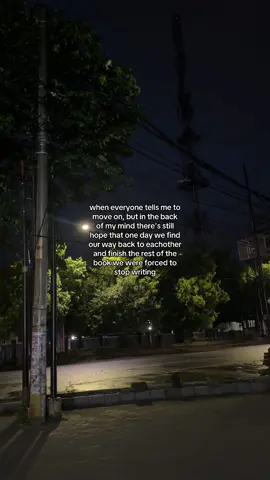Kho Phụ Kiện - Beizun
Region: VN
Friday 12 July 2024 10:13:04 GMT
3490
9
0
8
Music
Download
Comments
There are no more comments for this video.
To see more videos from user @beizunvn, please go to the Tikwm
homepage.





